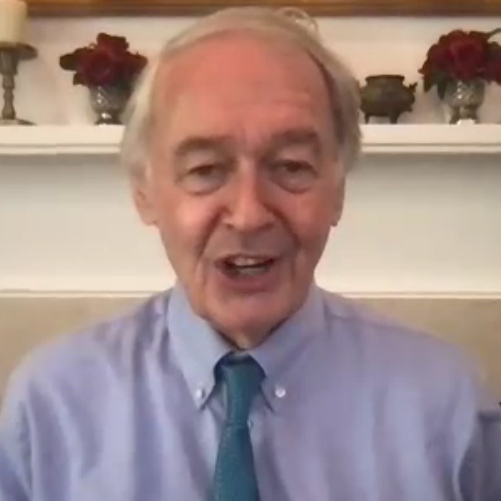The NEPOOL Transmission Committee has voted to approve updates to ISO-NE’s Order 2023 compliance proposal to account for Order 2023-A.
Order 2023-A, issued in late March, made some minor changes to the original order in response to rehearing requests and extended the compliance deadline. (See FERC Upholds, Clarifies Generator Interconnection Rule.)
“None of these changes appear to materially impact the New England Order No. 2023 compliance proposal,” ISO-NE wrote in a memo responding to the order. “The revisions, however, will need to be taken into account in the compliance proposal and the incremental changes to it will need additional NEPOOL votes.”
ISO-NE now plans to submit two filings to FERC on May 14: its Section 206 compliance proposal and a Section 205 filing that would align the procedures for small generators and elective transmission upgrades with the new cluster process.
“While this filing is an integrated proposal, its components are independent to allow for the commission to direct changes,” said Al McBride of ISO-NE.
The updates would push back the timeline for ISO-NE’s initial “transitional cluster study.” The RTO now proposes an “eligibility date” of June 13, which would be the due date for interconnection customers to have a valid interconnection request (IR) to be eligible for the transitional cluster.
“The ISO will not accept IRs submitted after the eligibility date until the first cluster entry window opens in 2025,” McBride said.
ISO-NE now plans to proceed with late-stage system impact studies until Aug. 30, with the aim of limiting the number of projects that need to enter the transitional cluster study. If these studies are not complete by this Aug. 30 deadline, the projects still could enter the transitional cluster.
The timeline for the capacity network resource (CNR) group study, which is aligned with the schedule of the 2024 interim reconfiguration auction qualification process, will not be moved forward. This interim process would allow new resources that complete their system impact studies by June 30 to qualify for reconfiguration auctions through the 2027-28 capacity commitment period.
“Aside from the transitional CNR group study, the timeline for the remaining Order No. 2023 transition items has been updated to account for the delay caused by Order No. 2023-A,” McBride said.
The updated proposal passed April 25 with no objections and now heads to the Participants Committee for a vote on May 2.
DASI Conforming Changes
Dennis Cakert of ISO-NE outlined ISO-NE’s proposal to change the tariff definition of “self-schedule” to conform with its day-ahead ancillary services initiative (DASI).
“The ISO proposes to modify the definition of “self-schedule” to state that self-scheduled (SS) external transaction (ET) purchases (imports) are priced at the offer floor and SS ET sales (exports) are priced at the external transaction cap in the [day-ahead market],” Cakert noted.
The Transmission Committee will vote on the proposed changes May 16.
FERC Denies Waiver Request
Also on April 25, FERC denied a waiver request by Moscow Development Co. (MDC) related to a missed deadline to withdraw an interconnection request to receive a partial refund on its $50,000 initial deposit (ER24-1295).
MDC argued it received incomplete information at the scoping meeting, causing it to miss the deadline. The company requested a waiver to let ISO-NE return the unapplied part of its deposit.
ISO-NE supported the request, noting that “without the waiver, the ISO cannot return the unused portion (approximately $48,000) of the deposit to MDC.”
However, despite ISO-NE’s support, FERC denied the request “on the basis that it is prohibited by the filed rate doctrine.” The filed rate doctrine prohibits the commission from making changes to previously filed and approved rates.
